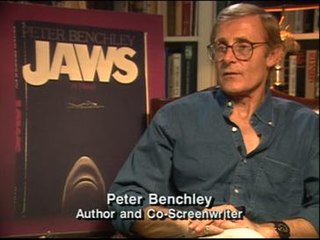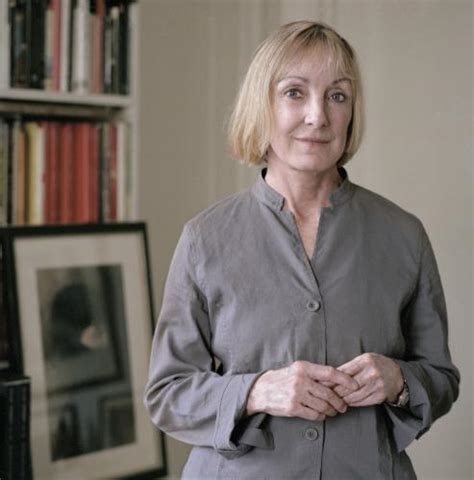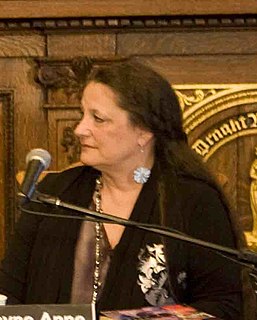A Quote by Regina Spektor
I think both you and I, we live in a world of fiction and stories.
Related Quotes
Writers imagine that they cull stories from the world. I'm beginning to believe that vanity makes them think so. That it's actually the other way around. Stories cull writers from the world. Stories reveal themselves to us. The public narrative, the private narrative - they colonize us. They commission us. They insist on being told. Fiction and nonfiction are only different techniques of story telling. For reasons that I don't fully understand, fiction dances out of me, and nonfiction is wrenched out by the aching, broken world I wake up to every morning.
Writing fiction is not a profession that leaves one well-disposed toward reading fiction. One starts out loving books and stories, and then one becomes jaded and increasingly hard to please. I read less and less fiction these days, finding the buzz and the joy I used to get from fiction in ever stranger works of non-fiction, or poetry.
If all stories are fiction, fiction can be true -- not in detail or fact, but in some transformed version of feeling. If there is a memory of paradise, paradise can exist, in some other place or country dimensionally reminiscent of our own. The sad stories live there too, but in that country, we know what they mean and why they happened. We make our way back from them, finding the way through a bountiful wilderness we begin to understand. Years are nothing: Story conquers all distance.




































